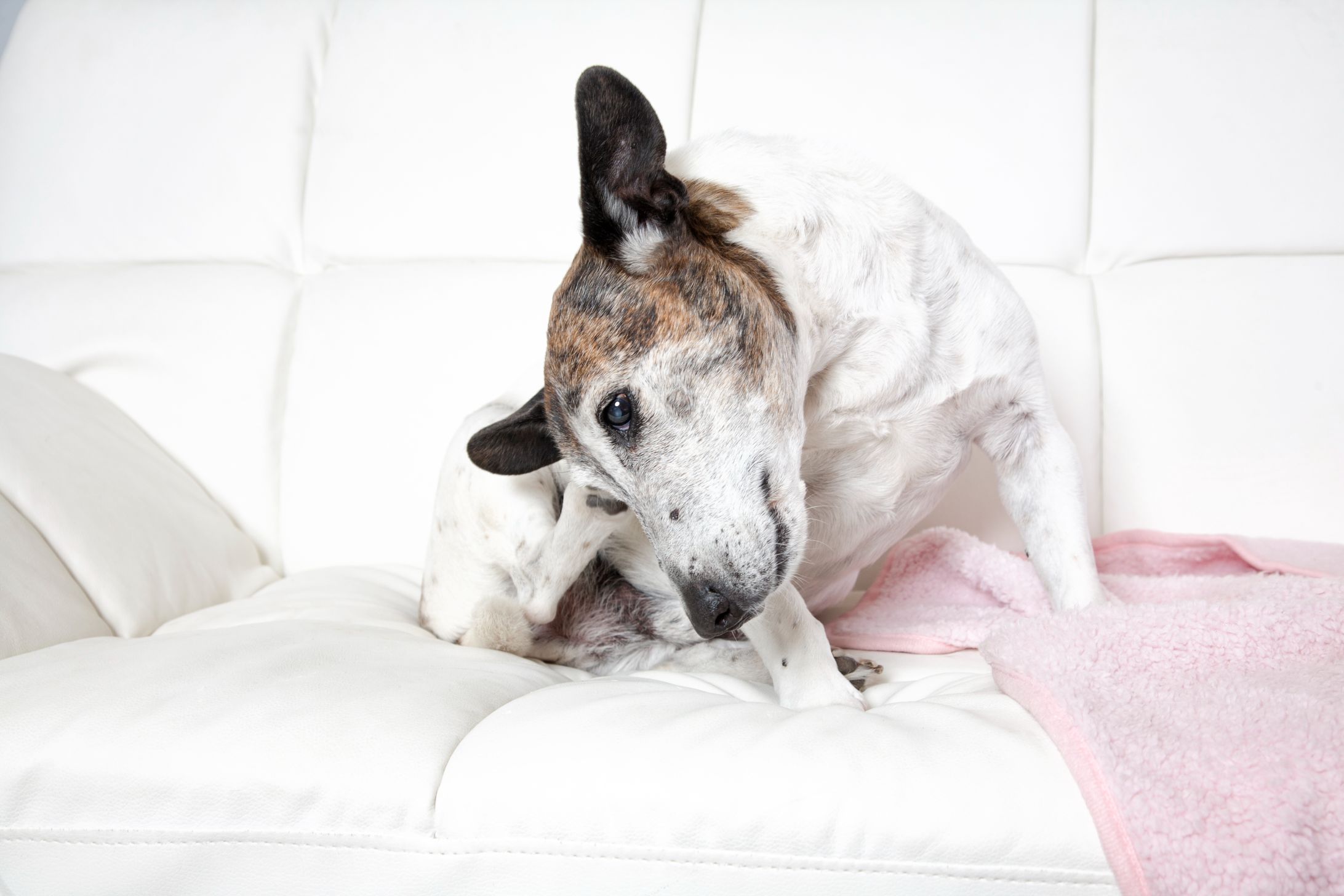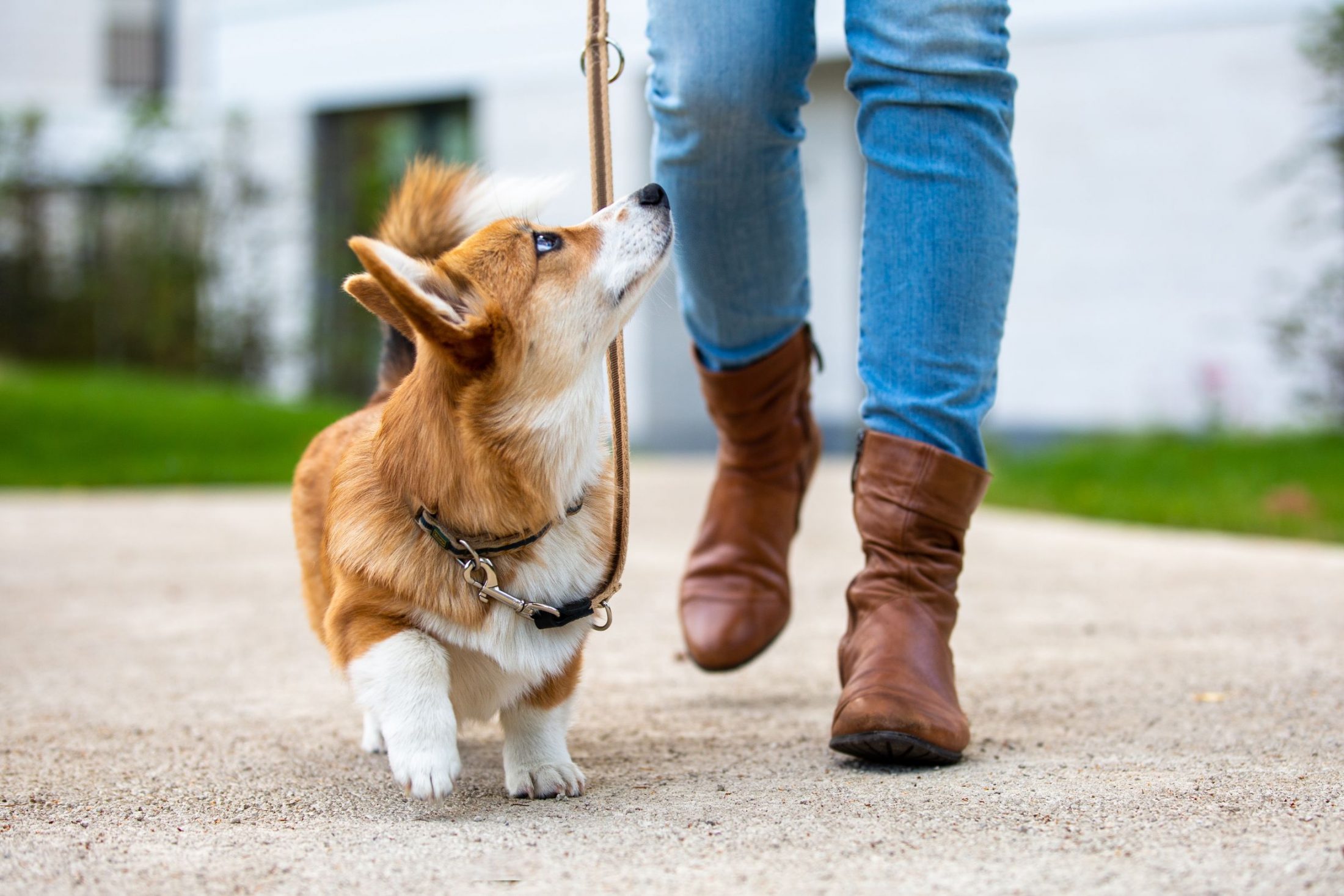The staff at Summeridge Animal Clinic knows that surgery can be a stressful time for both you and your pet. It is important to us that you are well informed of your pet's condition and get answers to any questions you may have.
Prior to any planned surgical procedure, your pet will have a complete physical examination to confirm he or she is healthy enough for surgery. An individualized anesthesia plan will also be formulated at this time to ensure your pet remains comfortable before, during, and after.

There are two types of anesthesia your pet may receive, depending on the type of procedure he or she is having. Local anesthesia desensitizes a small specific area for minor procedures such as a skin biopsy. Depending on your pet, a sedative may also be used with local anesthesia to help him or her relax.
General anesthesia is used when your pet needs to be unconscious for a longer procedure. Prior to general anesthesia, a complete examination and blood workup is completed to catch any medical conditions that may be compromised during the procedure.
Whether local or general anesthesia is used, your pet’s safety is our top priority. Our staff will continuously monitor your pet’s heart and respiratory rate, blood pressure, and other vital signs to help prevent any anesthetic risk.
Pet overpopulation is a growing epidemic. Unwanted or unplanned litters only add to this problem. Spaying (female sterilization) or neutering (male sterilization) your pet not only helps control the pet population, but also has several medical benefits, including decreased chances of developing certain types of cancers.
Any surgery not involving bones is considered soft tissue. One of the most common soft tissue surgeries is lump removal, so a biopsy can be performed and an accurate diagnosis made. Wounds or bites that have punctured or torn the skin may also require surgery in order to promote proper healing, minimize scarring, and reduce pain. Occasionally, surgery may be required to remove a swallowed foreign object from the intestine.

Periodontal disease begins when your pet’s teeth become coated with plaque, an invisible film of bacteria. As plaque hardens, it becomes tartar, the yellow or brown substance you can see on your pet’s teeth. In order to prevent dental disease from developing into something more serious, we recommend professional dental cleanings to remove the plaque and tartar from your pet’s teeth.
Contact us today with questions about recommended foods or to schedule your next veterinary dental visit.
If you’ve got an itchy dog or itchy cat, chances are, she has a skin condition and should be examined by your veterinarian. There are many different conditions that can impact your pet’s skin, and effective pet skincare requires an accurate diagnosis. At Summeridge Animal Clinic, we offer dermatology diagnostics and treatment options in Ontario, […]
Read MoreFrom hamsters to rabbits and everything in between, Summeridge Animal Clinic loves our pocket pets! While these pint-sized pets are not uncommon to see in people’s homes, it is a little crazy how little many of their owners know about their care. Read on to get started on the right paw when it comes to […]
Read MoreAll dogs—big, small, and in-between—need exercise every day to help them stay healthy and happy. But knowing just how much physical activity your dog needs depends upon many factors, including age, breed, size, and overall health. Your dog’s annual wellness exam is the perfect time to ask your Summeridge Animal Clinic veterinarian for recommendations that […]
Read More

